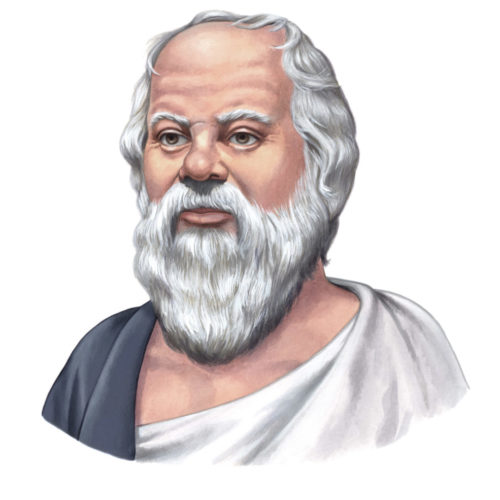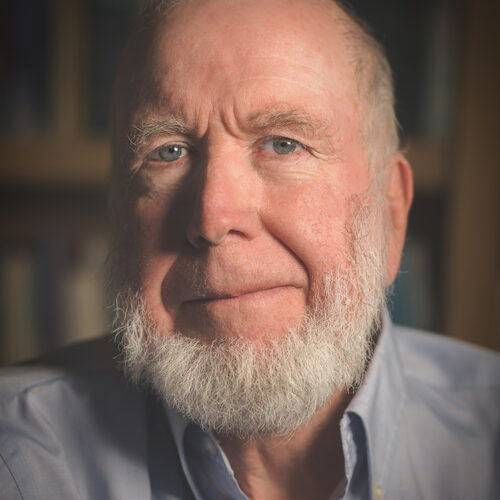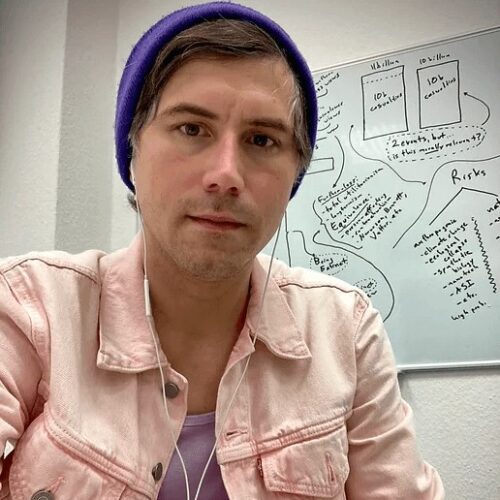Danko Nikolic: Practopoiesis Tells Us Machine Learning Isn’t Enough!
Podcast: Play in new window | Download | Embed
Subscribe: RSS
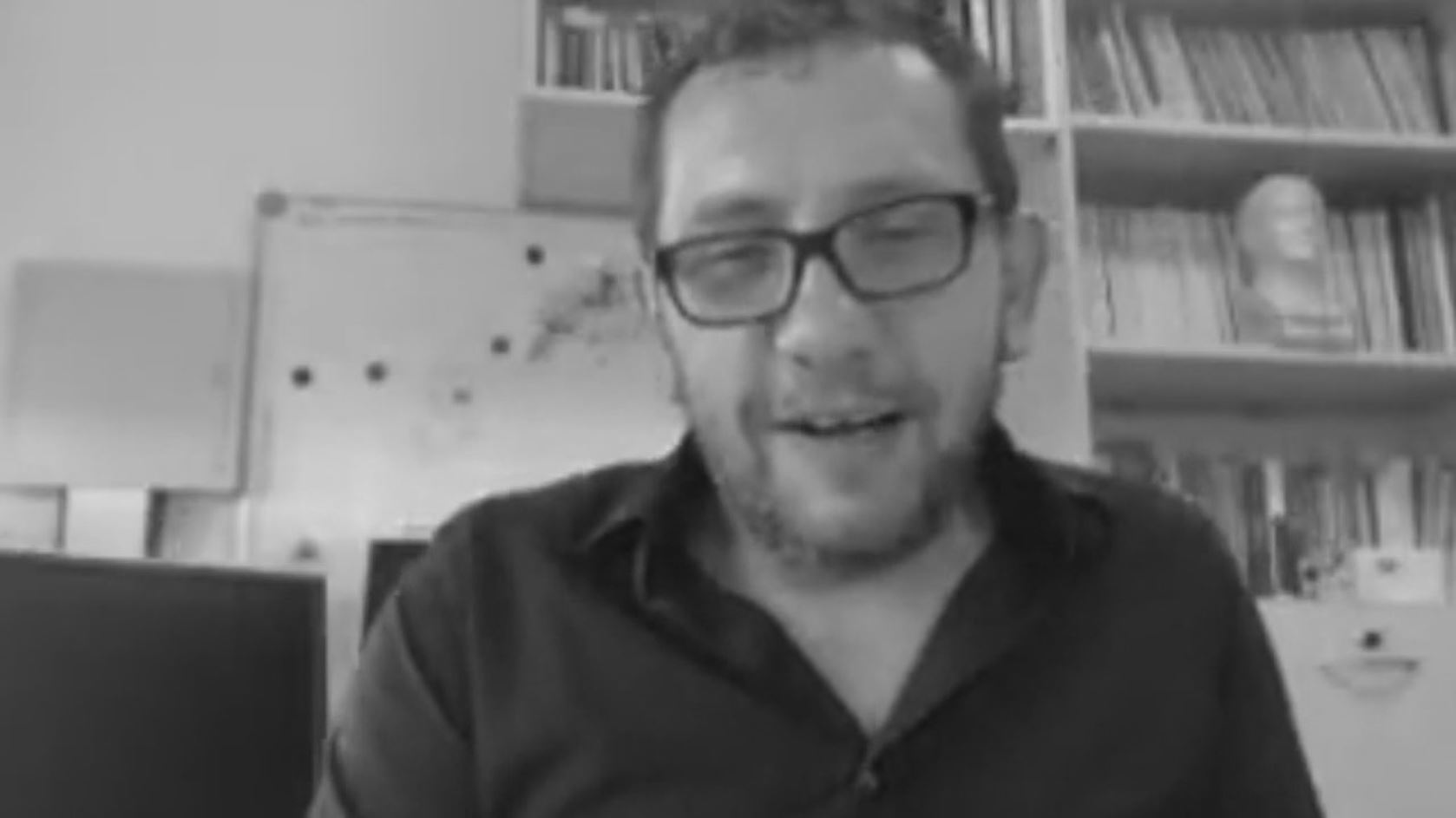
If there’s ever been a case when I just wanted to jump on a plane and go interview someone in person, not because they are famous but because they have created a totally unique and arguably seminal theory, it has to be Danko Nikolic. I believe Danko’s theory of Practopoiesis is that good and he should and probably eventually would become known around the world for it. Unfortunately, however, I don’t have a budget of thousands of dollars per interview which will allow me to pay for my audio and video team to travel to Germany and produce the quality that Nikolic deserves. So, I’ve had to settle with Skype. And Skype refused to cooperate on that day even though both me and Danko have pretty much the fastest internet connections money can buy. Luckily, despite the poor video quality, our audio was very good and I would urge that if there’s ever been an interview where you ought to disregard the video quality and focus on the content – it has to be this one.
During our 67 min conversation with Danko we cover a variety of interesting topics such as: his personal journey into psychology and cognitive science; writing a manual for the mind; practopoiesis, AI and learning how to learn; consciousness and free will; the Penrose-Hameroff Quantum Theory of consciousness; the brain-mind distinction; the Human Brain Project, whole brain simulation and mind uploading…
As always you can listen to or download the audio file above or scroll down and watch the video interview in full. To show your support you can write a review on iTunes, make a direct donation or become a patron on Patreon.
Who is Danko Nikolic?
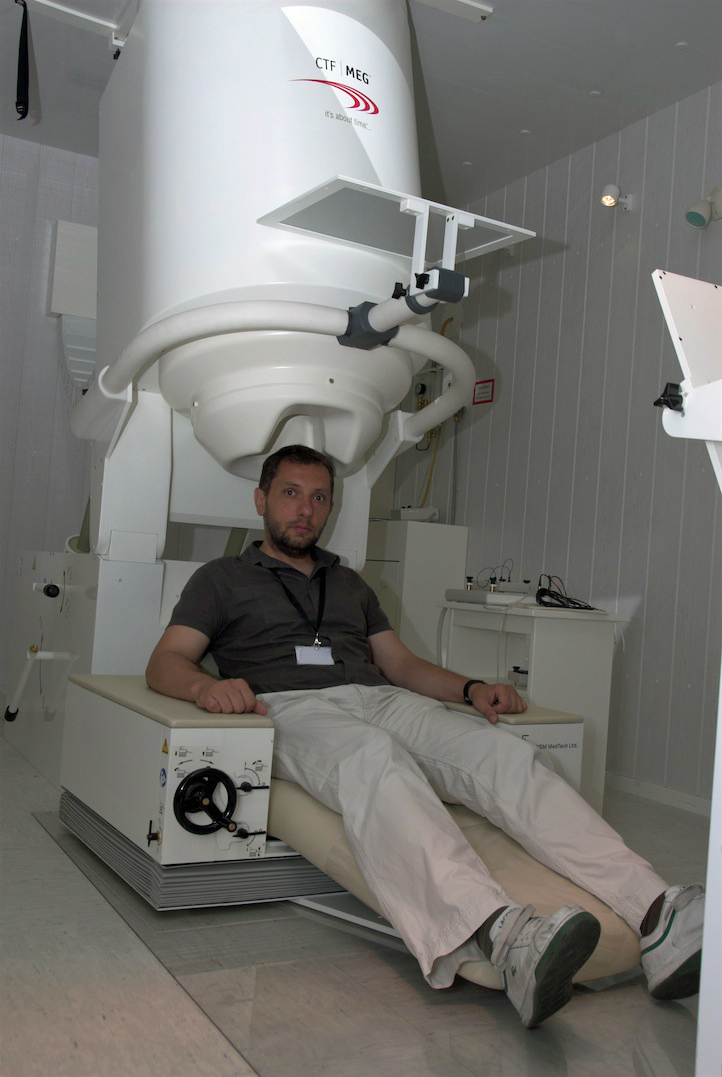 The main motive for my studies is the explanatory gap between the brain and the mind. My interest is in how the physical world of neuronal activity produces the mental world of perception and cognition. I am associated with the Max-Planck Institute for Brain Research, Ernst Strüngmann Institute, Frankfurt Institute for Advanced Studies, and the University of Zagreb.
The main motive for my studies is the explanatory gap between the brain and the mind. My interest is in how the physical world of neuronal activity produces the mental world of perception and cognition. I am associated with the Max-Planck Institute for Brain Research, Ernst Strüngmann Institute, Frankfurt Institute for Advanced Studies, and the University of Zagreb.
I approach the problem of the explanatory gap from both sides, bottom-up and top-down. The bottom-up approach investigates brain physiology. The top-down approach investigates the behavior and experiences. Each of the two approaches led me to develop a theory: The work on physiology resulted in the theory of practopoiesis. The work on behavior and experiences led to the phenomenon of ideasthesia.
The empirical work in the background of those theories involved simultaneous recordings of activity of 100+ neurons in the visual cortex (extracellular recordings), behavioral and imaging studies in visual cognition (attention, working memory, long-term memory), and empirical investigations of phenomenal experiences (synesthesia).
The ultimate goal of my studies is twofold. First, I would like to achieve a conceptual understanding of how the dynamics of physical processes creates the mental ones. I believe that the work on practopoiesis presents an important step in this direction and that it will help us eventually address the hard problem of consciousness and the mind-body problem in general. Second, I would like to use this theoretical knowledge to create artificial systems that are biologically-like intelligent and adaptive. This would have implications for our technology.
A reason why one would be interested in studying the brain in the first place is described here: Why brain?





